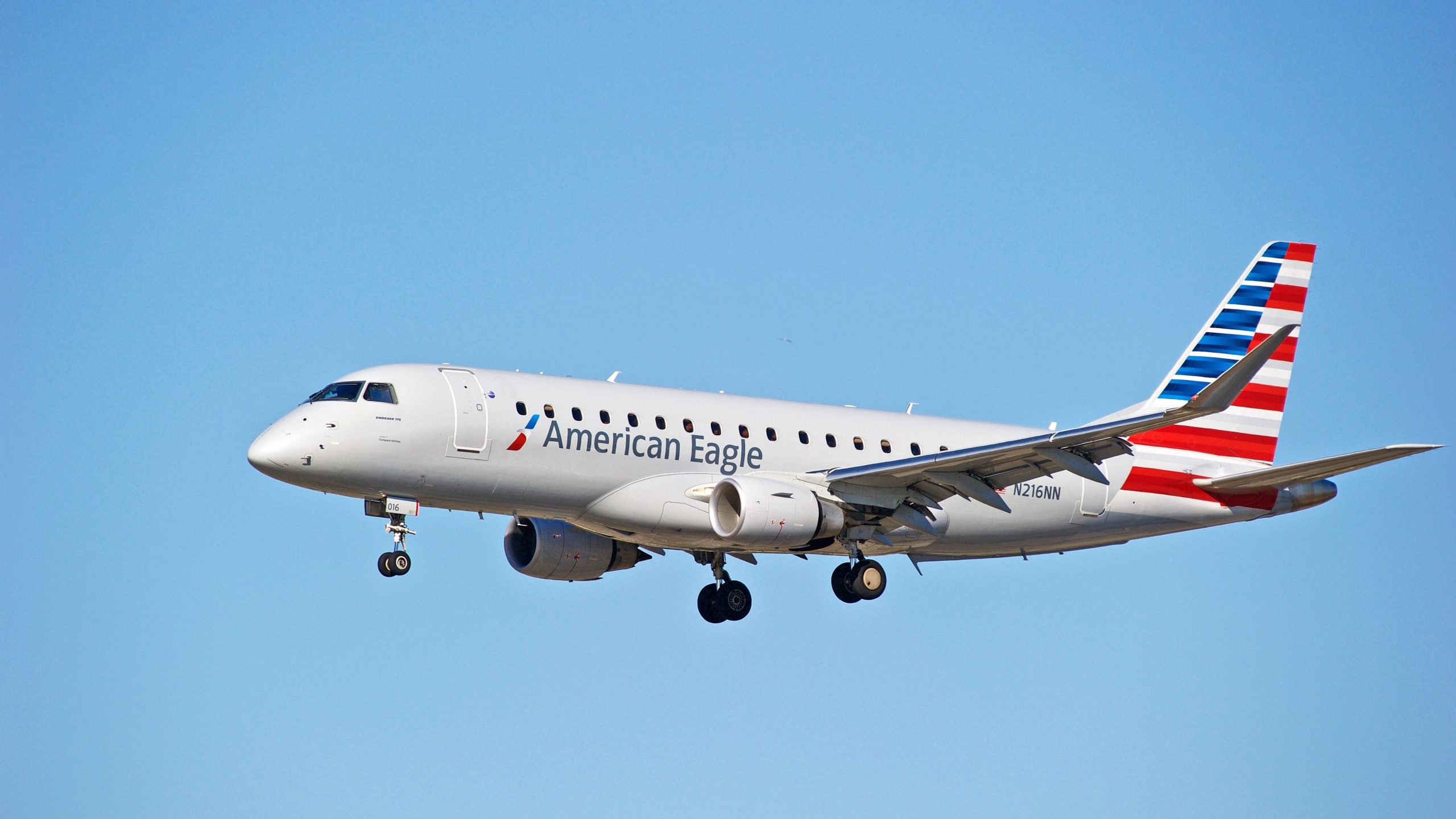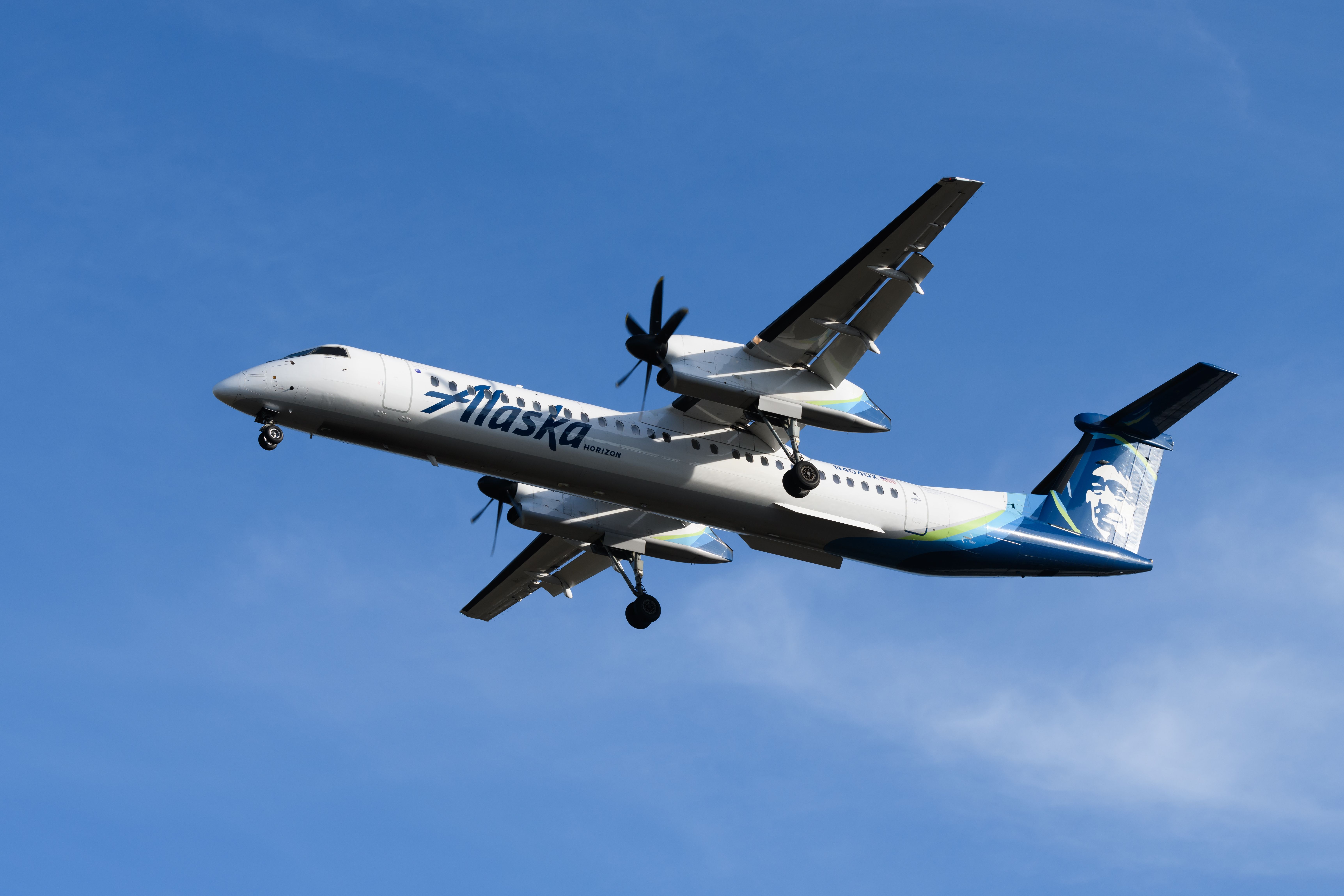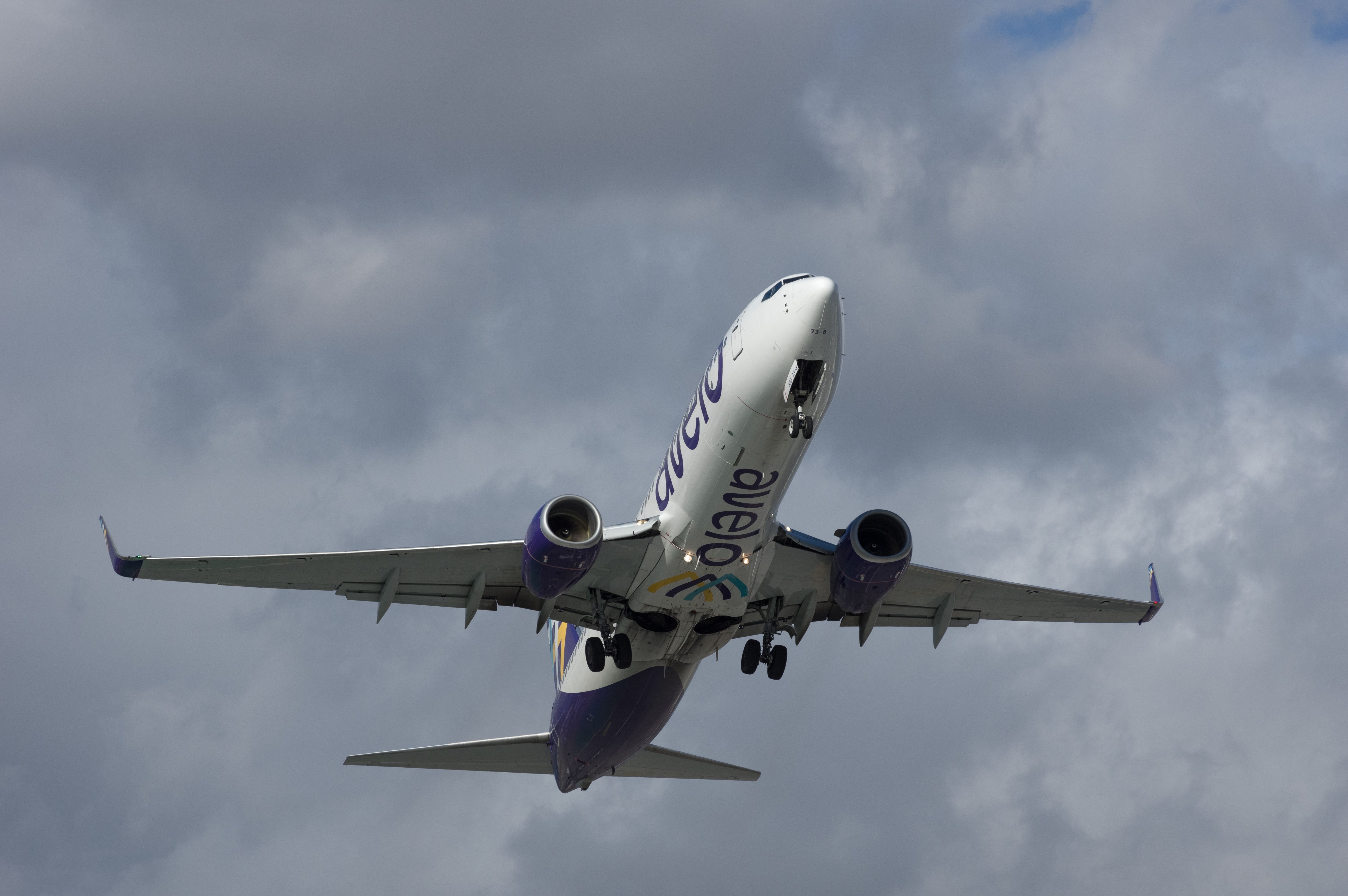Summary
- The Department of Transportation has awarded 20 grants to US airports, promoting regional connectivity and securing new airlines and flights.
- Funding will be used to support new services, improve air service availability and cost, and initiate marketing campaigns.
- Air service to small communities is a national priority, with efforts to boost air service for rural areas and prioritize essential air service programs.
The Department of Transportation (DOT) has announced the 2023 Small Community Air Service Development (SCASD) grants. These grants will secure funding for 20 United States airports, promoting existing air service and securing new airlines and flights throughout the year.
On Friday, the DOT awarded 20 grants under the SCASD program benefitting communities in 16 States to assist with implementing the air service initiatives. The selected communities are Monterey, Dubuque, Idaho Falls, Peoria, Springfield, South Bend, Ft. Wayne, Monroe, Traverse City, Gulfport/Biloxi, Billings, Ithaca, Wilkes-Barre/Scranton, Chattanooga, Tri-Cities (Blountville), Del Río, Lynchburg, Richmond, and Yakima. They were awarded a total of $14.81 million this year.
Photo: Ian Dewar Photography/Shutterstock.
These 14 communities have regional airports looking to subsidize service to and from another underserved airport and/or implement measures that could improve air service in terms of cost and availability, according to the document filed by the DOT.
What will the airports use the funding for?
The city of Monterey, with a funding of $750,000, will initiate and support new services to Chicago, Illinois. This new service will be backed by American Airlines and will help provide better fares since the ticket prices in the community are higher than the national average.
Dubuque will use its $1.5 million funding to support new service to a large or medium hub. This community in Iowa has lost all daily service (Avelo Airlines conducts some limited service to Orlando, Florida. Denver Air Connection will support the project.
Idaho Falls use its $950,000 grant to support new service to the area of Los Angeles, California (not any airport listed in particular). This community currently has zero daily nonstop service to California, its largest market, and the proposed service, in partnership with Alaska Airlines, would address this shortcoming.
Peoria received $500,00, which will be used to initiate and support a new daily service with American Airlines and/or United Airlines to a west-central hub like Denver, Houston, Phoenix, or Salt Lake City.
Springfield, Illinois, received $250,000, which will be used for a marketing campaign to support its existing Allegiant Air and American Airlines service.
Photo: Angel DiBilio/Shutterstock.
South Bend will employ its $750,000 grant to initiate a new service between the community and the West Coast (either Los Angeles or San Francisco) or Washington, DC.
Ft. Wayne in Indiana was allocated $600,000, which will be employed to operate a new route to Denver through a project with United Airlines.
Monroe received $500,000, which will be used to initiate and support new service by American Airlines to Charlotte, North Carolina.
Traverse City obtained funding for $750,000, which will be employed to launch a new United Airlines service to Houston, Texas, and help alleviate the limited capacity and high airfares in the community.
Gulfport/Biloxi received $365,000 to initiate and support new service to the Washington, DC, area either by American Airlines or Breeze Airways.
Billings received $1 million that will be employed to launch new flights by Alaska Airlines to Los Angeles or San Francisco. The community needs these additional air service destinations to combat the high airfares, it said.
Fargo will employ the $500,000 grant to initiate a new service to Charlotte, North Carolina, via American Airlines.
Ithaca will receive $750,000 to launch a new United Airlines service to Washington DC or a similar southern hub.
Wilkes-Barre/Scranton was allocated $500,000 to support a project in partnership with Avelo Airlines to bring the ultra-low-cost business model to the community and support new service to Ft. Myers, Orlando, Sarasota, and/or Tampa in Florida.
Chattanooga received $750,000 to support new service to Denver of Houston via United Airlines.
Tri-Cities (Blountville) in Tennessee received $900,000 to fund new services to Chicago with American Airlines.
The Texan community of Del Rio received $1.2 million to support the reopening of the route to Dallas Fort Worth or open a new similar route. No airline was announced to partner with this initiative.
Lynchburg received $600,000 to open new services to Chicago and support aircraft upgauge and an increase in frequencies on its existing service to Charlotte. American Airlines will support the project.
Richmond had a $1 million grant to launch a new service to Seattle by Alaska Airlines.
Finally, Yakima received $700,000 to restore a second frequency and potentially additional frequencies on its existing service to Seattle by Alaska Airlines.
Air service to small communities – a national priority
Promoting regional connectivity is one of the most sought-after initiatives by several US entities, including the Air Line Pilots Association (ALPA). Earlier this week, ALPA said it is currently supporting nine legislative proposals, some within the current Federal Aviation Administration (FAA) reauthorization bill, that would boost air service for small and rural communities, among other benefits. One of these proposals intends to prioritize, reform, and fund essential air service for small communities. ALPA believes,
“Congress should make air service to small communities a national priority by providing adequate funding to the Essential Air Service program and ensuring that the program provides appropriate financial incentives for air carrier participation.”
Have you ever used any of the airports listed in this article? How did you find the experience? Let us know in the comments below.



